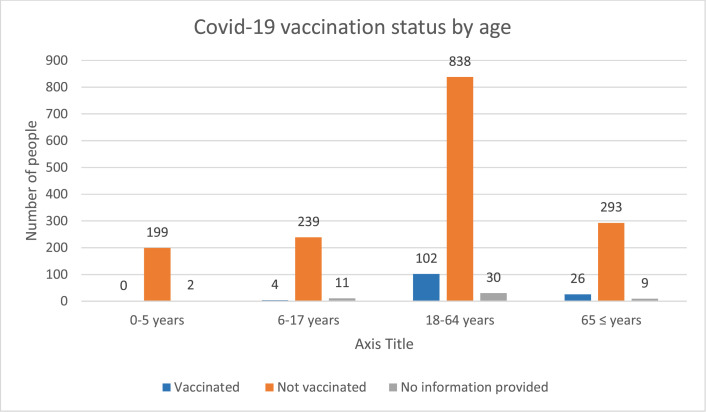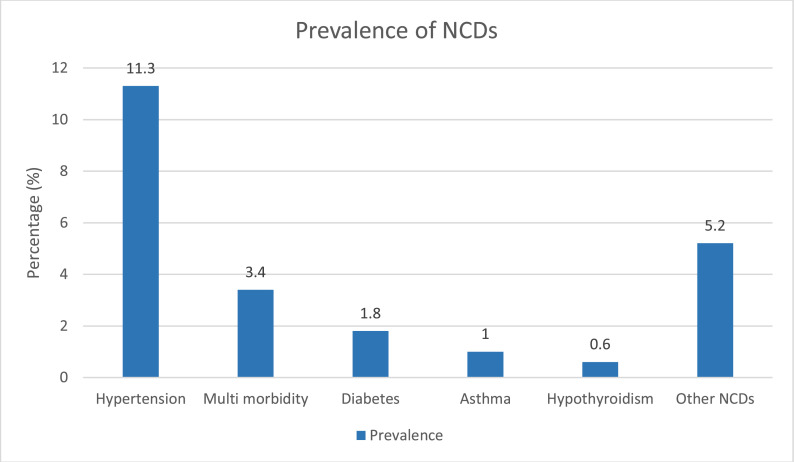Healthcare provision for displaced people in transit: Analyses of routinely collected data from INTERSOS clinics at the Ukrainian border with Moldova and Poland
IF 2.9
Q1 PUBLIC, ENVIRONMENTAL & OCCUPATIONAL HEALTH
引用次数: 0
Abstract
Background
The Russian military invasion of Ukraine has sparked Europe's largest forced displacement since World War II, bringing about significant health vulnerabilities for migrants and refugees. European health information systems lack comprehensive data coverage, especially in underrepresented migration stages like transit. This study aims to address this gap by analyzing data from INTERSOS clinics at the Moldovan and Polish borders with Ukraine to identify the common health conditions prompting people to seek healthcare services during transit.
Methods
From 6th March to 31st May 2022, this cross-sectional study observed migrants and refugees receiving INTERSOS services at two mobile clinics in Moldova, and a facility in Poland. We analyzed data by age, sex, nationality, and reported disease frequencies and care provided.
Results
This study used routinely collected data from 1756 patients. The majority of the adult population seeking healthcare were females (76.5 %), 26.1 % were children and 18.7 % were older individuals. Noncommunicable diseases (NCDs) were the primary reason for seeking healthcare at these clinics, with 23.3 % of the study population being diagnosed with at least one chronic disease, and 3.4 % of people having multimorbidity. Mental and behavioural disorders were diagnosed in 12.6 % of the population, and somatoform disorders and related stress (F40-F48) in 10.8 %.
Discussion
Our study indicates the diversity of forcibly displaced populations and the corresponding diversity of their healthcare needs. In the shadow of a forced displacement crises triggered by the conflict in Ukraine, there is an urgent need to give more attention to subgroups of the population that are often neglected in humanitarian crises. These include older adults, females, and ethnic minorities. Additional attention should also be given to NCDs and sexual and reproductive health (SRH) care needs, especially given the high numbers of older adults and females in this population. Early medical support, psychological first aid and interventions in transit centers that promote survivor resilience and recovery are required.
Conclusion
Our findings shed light on the healthcare needs of forcibly displaced populations during transit, a stage often overlooked in migration health research. They underscore the diverse healthcare needs of forcibly displaced populations, emphasizing the necessity for humanitarian aid programs to acknowledge and address this diversity. Accessing data on displaced populations' healthcare needs in transit can help the preparing and planning of healthcare services for these populations in host or destination countries. Ensuring objective anonymization and preventing patient re-identification are essential, particularly in safeguarding refugee privacy and data protection to avoid the misuse of their data.


向过境流离失所者提供医疗保健:对乌克兰与摩尔多瓦和波兰边境INTERSOS诊所例行收集的数据进行分析。
背景:俄罗斯对乌克兰的军事入侵引发了欧洲自第二次世界大战以来最大规模的被迫流离失所,给移民和难民带来了严重的健康脆弱性。欧洲卫生信息系统缺乏全面的数据覆盖,特别是在代表性不足的移民阶段,如过境。本研究旨在通过分析摩尔多瓦和波兰与乌克兰边境的INTERSOS诊所的数据来解决这一差距,以确定促使人们在过境期间寻求医疗保健服务的常见健康状况。方法:从2022年3月6日至5月31日,这项横断面研究观察了在摩尔多瓦的两个流动诊所和波兰的一个设施接受INTERSOS服务的移民和难民。我们按年龄、性别、国籍、报告的疾病频率和提供的护理来分析数据。结果:本研究常规收集了1756例患者的数据。大多数寻求医疗保健的成年人口是女性(76.5%),26.1%是儿童,18.7%是老年人。非传染性疾病(NCDs)是在这些诊所寻求医疗保健的主要原因,23.3%的研究人群被诊断患有至少一种慢性病,3.4%的人患有多种疾病。12.6%的人被诊断为精神和行为障碍,10.8%的人被诊断为躯体形式障碍和相关应激(F40-F48)。讨论:我们的研究表明了被迫流离失所人口的多样性及其相应的医疗保健需求的多样性。在乌克兰冲突引发的被迫流离失所危机的阴影下,迫切需要更多地关注在人道主义危机中往往被忽视的人口亚群体。这些人包括老年人、女性和少数民族。还应进一步关注非传染性疾病以及性健康和生殖健康护理需求,特别是考虑到这一人口中老年人和女性人数众多。需要在中转中心提供早期医疗支持、心理急救和干预措施,以促进幸存者的复原力和恢复。结论:我们的研究结果揭示了过境期间被迫流离失所人口的医疗保健需求,这一阶段在移民健康研究中经常被忽视。他们强调了被迫流离失所人口的不同医疗需求,强调了人道主义援助项目承认和解决这种多样性的必要性。获取关于过境流离失所人口保健需求的数据,有助于在东道国或目的地国为这些人口准备和规划保健服务。确保客观匿名化和防止患者重新识别至关重要,特别是在保护难民隐私和数据保护以避免其数据被滥用方面。
本文章由计算机程序翻译,如有差异,请以英文原文为准。
求助全文
约1分钟内获得全文
求助全文
来源期刊

Journal of Migration and Health
Social Sciences-Sociology and Political Science
CiteScore
5.70
自引率
8.70%
发文量
65
审稿时长
153 days
 求助内容:
求助内容: 应助结果提醒方式:
应助结果提醒方式:


